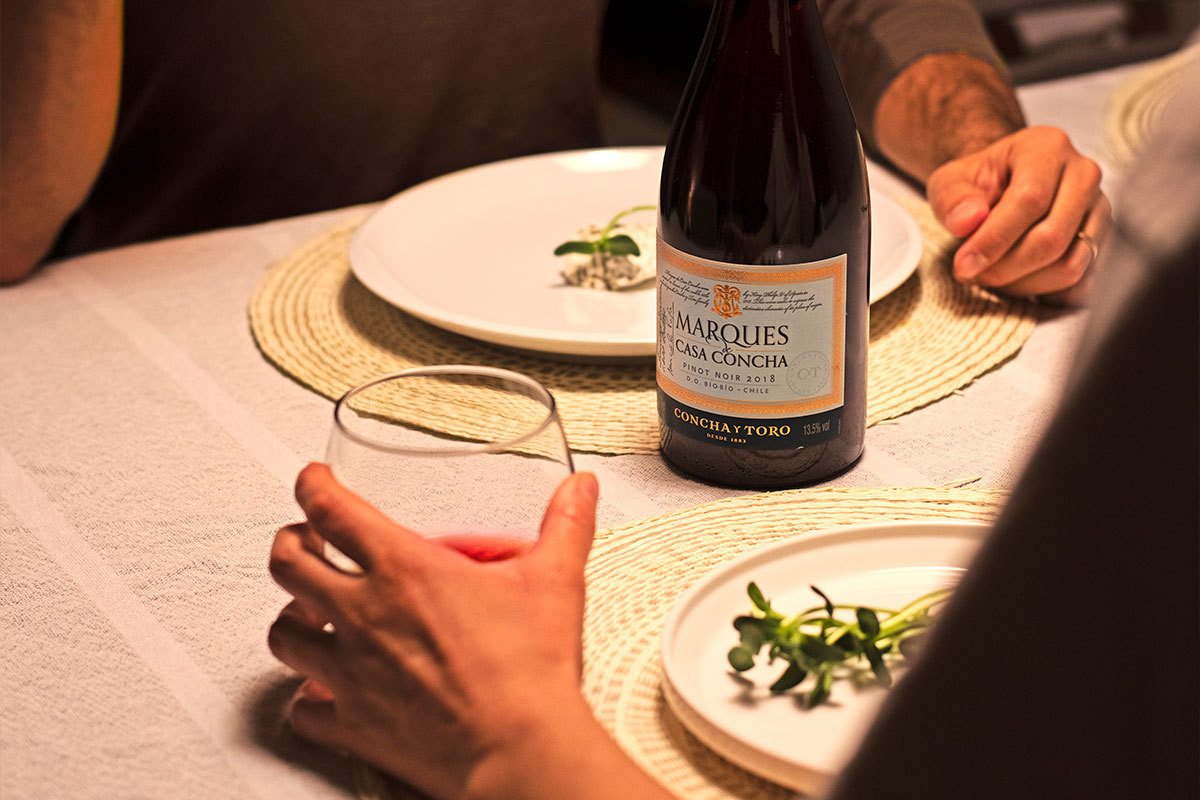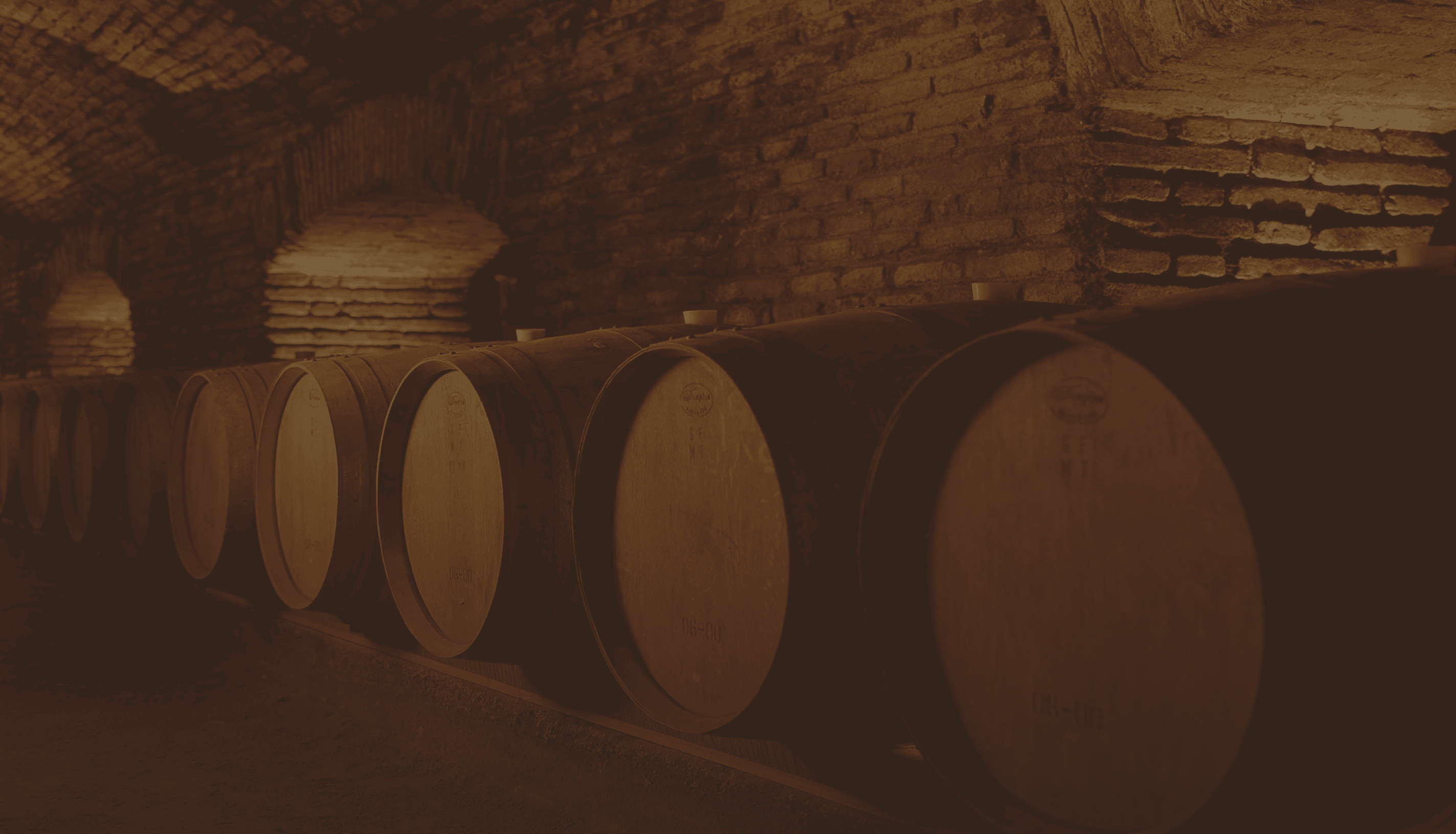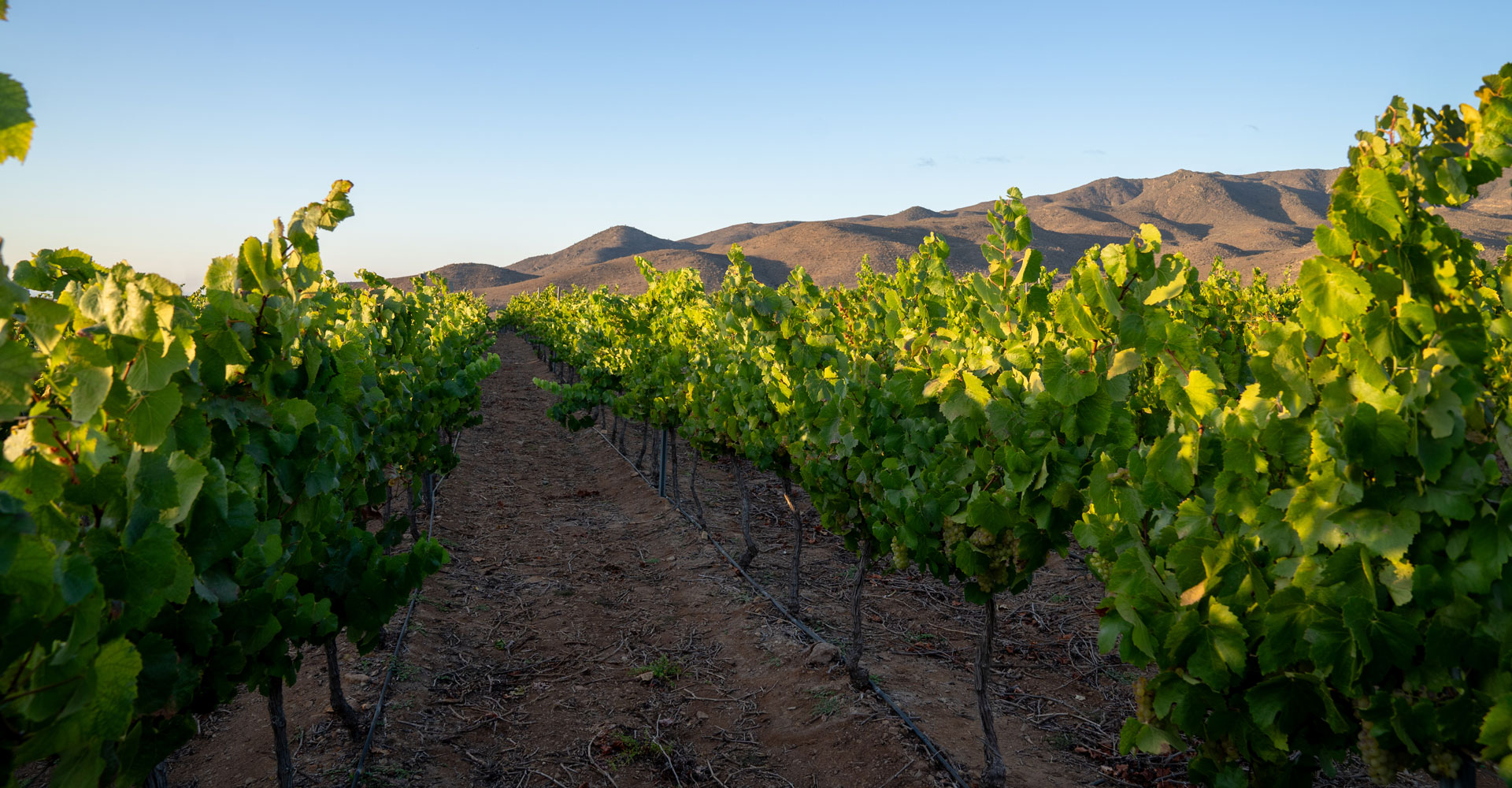24 de June de 2021
All about vegan wines
If wine is the result of yeast-fermented grape juice, why are we talking about vegan wines? Does wine have animal-derived products?
Vegan wines are those wines that people who follow a vegan diet can drink. If you do not know what this way of eating and lifestyle is about, it basically consists of a way of life that seeks to exclude any form of exploitation or animal cruelty, whether for food, clothing or anything else. For this reason, they do not consume red or white meats, dairy, eggs and honey, or products tested on animals. But if wine is a product that comes from the fermentation of grape juice, why is it not compatible with a vegan diet?

Although wines come from grapes, they are not necessarily vegan. This might surprise you, but animal-derived products can be used in its preparation. Mainly at the end: in the clarifying process. Be careful, this does not mean that it is the only way. In fact, in the traditional way of making wine (respectful of natural cycles that, of course, take a considerable amount of time) clarifying occurs spontaneously after alcoholic fermentation, when the solid sediments sink to the bottom of the tank or barrel. Due to their appearance, these wines that are usually classified as “unfiltered”, are also vegan.
However, with the development of the wine industry and its technology, new techniques appeared so that the clarifying or “cleaning” process was carried out quickly. How? Using products such as egg white, casein (protein derived from milk), gelatin (from fish cartilage) or isinglass (from fish bladder membranes), to remove sediment that cannot be removed by filtration alone. Once these agents do their job, they are removed, which is why they are not mentioned on the labels or simply because the regulations do not require it. Another element much less used is beeswax to seal bottles.
When we say that a wine is vegan, it means that none of these animal-derived are used. And although there are no regulations in the United States and Europe in this regard, some certifications can accredit it. Thus, vegan wines can make their clarifying process in a natural way (and have that “cloudy” appearance) or by using alternatives of vegetable or mineral origin such as carrageenan (a component extracted from red algae and used in the food industry as an additive), protein from potatoes, wheat or peas, or a clay powder better known as bentonite.
The truth is that vegan wines are not necessarily for those who follow this type of diet. Anyone who feels committed to the environment or who leads a more conscious lifestyle might prefer a vegan wine. The good news is that Concha y Toro has just certified more than twenty wines with the international V-label seal, offering a wide range of varieties to taste. Among them, Rosé Concha y Toro, Terrunyo Carmenere and Sauvignon Blanc, Amelia Chardonnay and Pinot Noir, Marques de Casa Concha Merlot and Gran Reserva Carmenere.

Now you only need to uncork a bottle or even better, taste it together with an appetizer or menu based on vegetables. There are options for all tastes!
Vinos relacionados a este artículo
Un Concha y Toro para cada ocasión

















